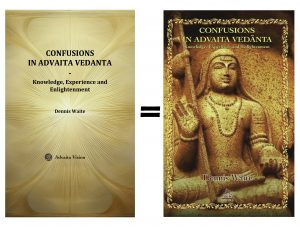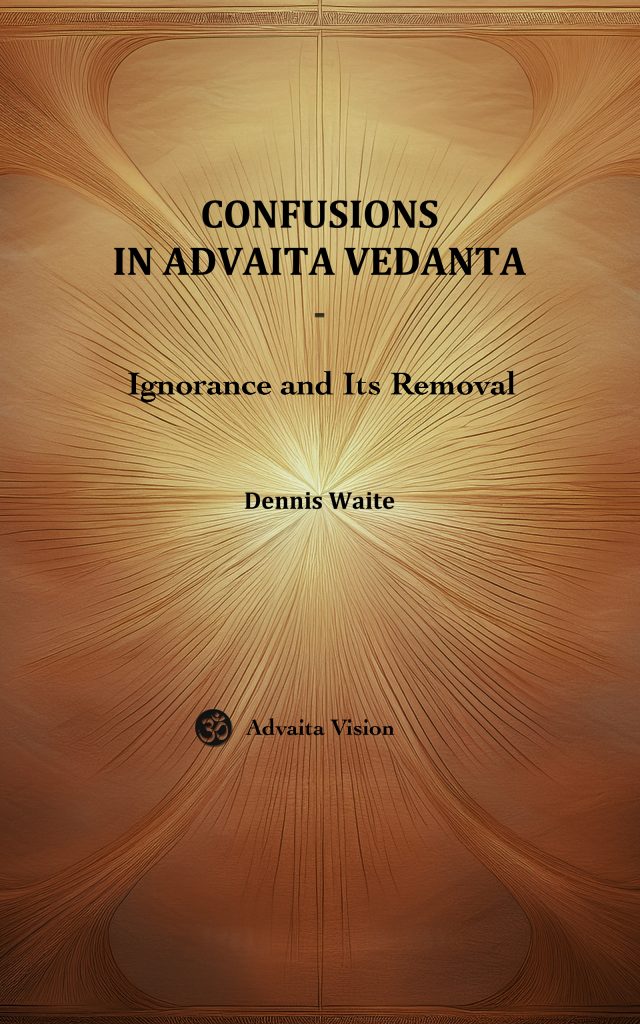 (Potential) readers of my last book – Confusions in Advaita Vedanta: Knowledge, Experience and Enlightenment – will have been experiencing difficulty when trying to purchase the book from Amazon. The book was published in India and, although available from Amazon in India, it is currently only available in the US in hardback (at $42.48). In the UK, you can purchase the hardback for £55, providing you are prepared to wait for 2 -3 weeks for delivery. Clearly not very satisfactory! The main problem appears to be the 50% tariff imposed on India by Trump, making the process not economically feasible.
(Potential) readers of my last book – Confusions in Advaita Vedanta: Knowledge, Experience and Enlightenment – will have been experiencing difficulty when trying to purchase the book from Amazon. The book was published in India and, although available from Amazon in India, it is currently only available in the US in hardback (at $42.48). In the UK, you can purchase the hardback for £55, providing you are prepared to wait for 2 -3 weeks for delivery. Clearly not very satisfactory! The main problem appears to be the 50% tariff imposed on India by Trump, making the process not economically feasible.
Now, my Indian publisher – Indica Books – has very kindly agreed for me to publish the series on Kindle. This is an unusual arrangement, for which I am very grateful. I have spent the past two weeks changing fonts, re-editing, regenerating the index and sorting out the transfer to a PDF suitable for KDP (Kindle Direct Publishing). Fortunately, I recruited the help of ChatGPT here and, after probably a dozen VBA macros (ChatGPT is still learning, unfortunately, and tends to over-complicate things!) and a lot of manual work, this conversion is now complete – published by Advaita Vision.
Accordingly, you may now purchase Vol. 1, ‘Knowledge, Experience and Enlightenment’, on Kindle. In the US, this is $9.99 and in the UK £7.50. It is also available at other Amazon stores around the world – Germany, France, Spain, Italy, Netherlands, Japan, Brazil, Canada, Mexico, Australia and India. The prices are similar (converted at appropriate exchange rates).
Purchase from Amazon US……………………Purchase from Amazon UK.
Note that you can still puchase hardback and paperback versions direct from Indica Books. Just email indicabooksindia@gmail.com or info@indicabooks.com and the book will be posted. Payment is via PayPal or direct bank transfer. The direct link to purchase is here.
The task of converting and issuing Vol. 2, ‘Ignorance and its Removal’, will be much easier as my publisher has supplied the Word document already in the font in which I am publishing the Kindle version. Since this book has not yet been printed in India (and may yet be some weeks away), the Advaita Vision Kindle version will be available in advance of that.



